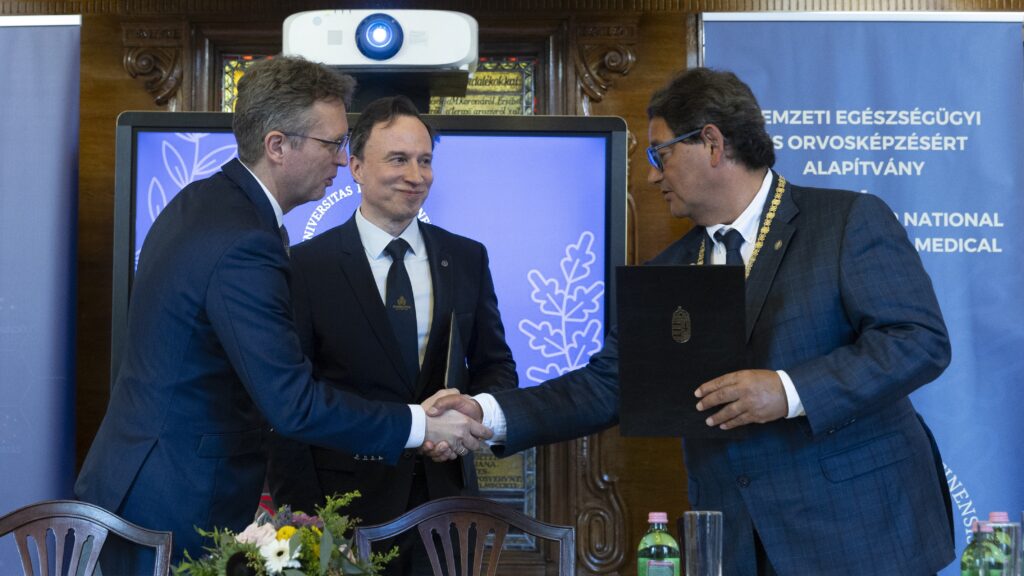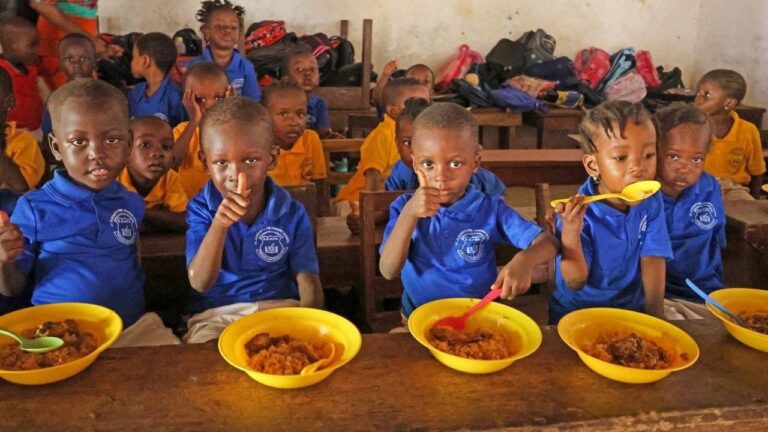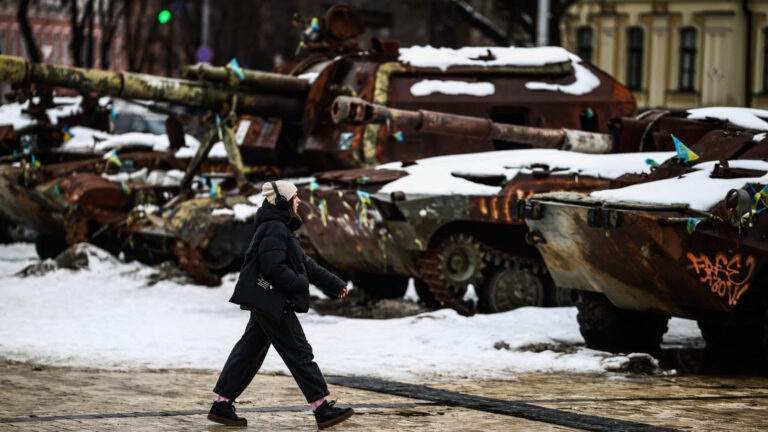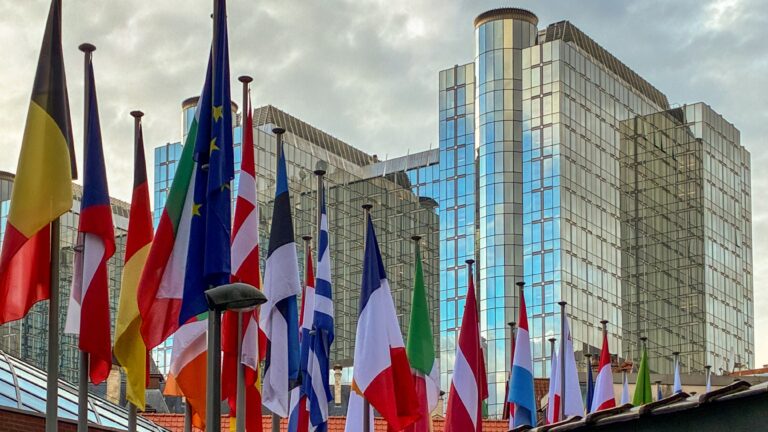In the hours and days following Hamas’s brutal 7 October 2023 attacks, many Western leaders issued statements of solidarity with Israel. But when it came to the concrete matter of military support—particularly ammunition and critical supplies—Israel found itself effectively embargoed by nearly every Western ally. With one crucial exception: the United States.
Among European countries, only three broke from this trend and offered concrete support. They were not among the continent’s largest economies or traditional defence heavyweights, yet Serbia, Hungary, and the Czech Republic stepped up—each in their own way—while others hesitated behind political caution and legal technicalities. A Jerusalem Post analysis highlighted how these countries supported Israel in its time of need.
Serbia: The Arsenal
Serbia became the lifeline. Its state arms exporter, Yugoimport SDPR, dramatically increased deliveries to Israel, particularly 155 mm artillery shells—the backbone of modern land warfare. In July 2024 alone, over €7 million in weapons and ammunition departed Serbian airfields bound for Israeli military bases. By year’s end, that figure would surpass €42 million—up from just €1.4 million the year before.
President Aleksandar Vučić did not deny the shipments—instead, he defended them. ‘I am the only one in Europe today dealing in military munitions with Israel,’ he told journalists, brushing off EU criticism. It was a rare moment of moral clarity in a continent otherwise consumed by internal protests and cautious statements.
Hungary: The Political Shield
Hungary’s support was not material, but political—and, at times, forceful. While no fresh arms deliveries have been confirmed since the start of the war, Prime Minister Viktor Orbán provided Jerusalem with something equally vital: diplomatic cover. Hungary vetoed EU joint statements condemning Israel and stood alone in opposing international legal actions against Israeli leadership.
As Hungarian Conservative reported in April 2025, Orbán hosted Prime Minister Benjamin Netanyahu in Budapest, declaring Israel ‘an anchor in the Middle East’. Hungary announced its withdrawal from the International Criminal Court (ICC) on 3 April, following the historic visit of Israeli Prime Minister Benjamin Netanyahu. In November last year, the ICC issued an international arrest warrant for Netanyahu, which would have obliged Hungary to arrest him. However, Budapest declared at the time that it would not comply with the warrant. Days later, Hungary withdrew from the International Criminal Court following its controversial warrant against Netanyahu—a move no other European democracy dared attempt.
While Hungarian firms like N7 Defence Zrt pursue global contracts, there is little evidence their products have reached Israeli forces in this war. Still, in an era where silence has become the safer route, Hungary’s vocal stance has carried weight far beyond material arms.
Czech Republic: Armor on the First Flight
Within days of the 7 October attacks, Czech firms sent roughly 3,000 ballistic vests and armour plates to Israel. Export controls were waived, customs fast-tracked, and the gear arrived as rockets still fell on Israeli towns. STV Group, the main supplier, offered to send more—but Israel has not requested additional shipments.
That act of early support stood in contrast to a growing domestic divide. In February 2024 demonstrators rallied in Prague calling for an arms embargo, while Amnesty International demanded a halt to military exports. Yet the Czech government held firm, allowing the initial delivery through—a clear example of pragmatic solidarity.
Sympathy Without Supply: How Western Europe Withdrew When Israel Needed Arms
The three Central European outliers—Serbia, Hungary, and the Czech Republic—stand in sharp contrast to the broader Western response since October 2023. In the absence of a formal UN Security Council arms embargo, most Western governments chose to impose their own unilateral restrictions, often shaped by domestic political pressures and legal manoeuvring.
Canada suspended new export permits on 8 January 2024, citing the need to ‘verify end-use compliance’, according to its foreign ministry.
Spain not only froze arms licenses in October 2023 but also cancelled a €285 million anti-tank missile deal, later publicizing the move under pressure from opposition parties.
Belgium’s Walloon region quietly withdrew two gunpowder export licenses in February 2024 after sustained lobbying by NGOs.
‘Political headwinds can shut off a supply line overnight’
In the Netherlands, a Hague Court of Appeal ruling on 12 February 2024 halted the export of F-35 parts to Israel. Though the Dutch government filed an appeal, the shipments remain in limbo.
In the UK, a similar legal battle ended differently: on 30 June 2025, the High Court allowed exports to continue—even if parts ultimately ended up in Gaza.
For Israeli defence planners, the message is deeply concerning: international sympathy may be vocal, but it doesn’t guarantee logistical support. Political headwinds can shut off a supply line overnight. That sobering reality has injected new urgency into Israel’s efforts to expand domestic production capacity, from 155 mm artillery shells to precision-guided munitions.
Alliances Are Measured in Action, Not Words
Israel’s defence sector is not starting from zero. The country is home to world-class firms specializing in unmanned systems, missile defence, and cybersecurity. But the war in Gaza has exposed a critical vulnerability: the supply of bulk ammunition and basic ordnance remains heavily dependent on foreign suppliers—many of whom are now hesitant to see their serial numbers appear in Rafah or Khan Younis.
The senior defence official who spoke to me emphasized the need to eliminate that dependency. ‘We can no longer assume our friends will keep the warehouses open,’ he said. ‘We need a national shell foundry, a national propellant plant—and we need them yesterday.’
Serbia’s surge in ammunition shipments, Hungary’s bold political backing, and the Czech Republic’s rapid delivery of protective gear may have filled the gap in Israel’s moment of need. But those lifelines are already beginning to fray. Serbia has announced it will halt further transfers. Czech contributions remain symbolic. And while Hungary’s diplomatic support is unshakable, its role is more political than material.
The United States remains Israel’s most vital partner, but even Washington imposes strings: congressional reviews, compliance audits, and battlefield use monitoring are part of the package. If another front ignites, Israel could once again face the uncomfortable trade-off between maintaining operational tempo and conserving ammunition.
‘Self-reliance must be Israel’s first defence. Trusted partners come second. In the next crisis, Israel will need both’
War keeps its own ledger. For the media, that means tracking sorties and shell counts. For governments, it’s measured in permits granted or denied. But for those who believe alliances are tested under fire, the reckoning comes in more human terms—like the old proverb: ‘Show me who your friends are, and I’ll tell you who you are.’
When Israeli cities burned and much of Europe hid behind legalese, it was Serbia loading pallets of 155 mm shells, the Czech Republic dispatching armour plates, and Hungary vetoing hostile resolutions and defending Israel on the world stage. They may not be Europe’s largest economies or loudest voices, but they acted decisively when it mattered most. That loyalty deserves more than polite acknowledgement—it merits public thanks and long-term strategic partnership.
The domestic lesson is just as vital. Self-reliance must be Israel’s first defence. Trusted partners come second. In the next crisis, Israel will need both—and now it knows exactly which capitals to call first.
Related articles:







